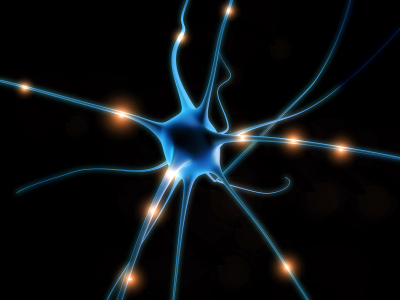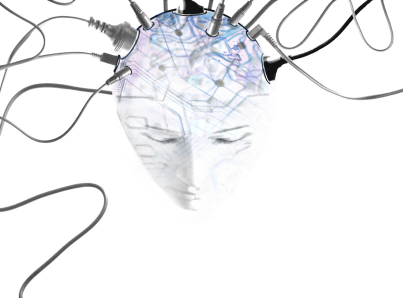The Neuroscience Graduate Program is a collaborative partnership among the Faculties of Science, Health Sciences, Engineering and Humanities. All four faculties are within a few minutes walking distance, facilitating interactions among graduate and postdoctoral students, as well as faculty.
Our goal is to attract the brightest graduate minds available each year to the field of neuroscience, by providing meaningful research opportunities in a collaborative, resource-rich environment.
Our program is a research intensive graduate program aimed at training the next generation of leaders in the field of Neuroscience. Students may enter directly to PhD or start in the Masters program and transfer to PhD during their first year of study.
Graduate students work in an integrated research environment that covers 6 fields of study in Neuroscience. We have specific research expertise in the following areas of Neuroscience.
Areas of Neuroscience Research Expertise
๏ Neural Development
๏ Plasticity & Regeneration
๏ Aging
๏ Neuroendocrinology
๏ Neuropsychiatric Disease
๏ Neurological Disease
๏ Brain Body Interactions
๏ Sensory Systems (Vision, Audition, Touch)
๏ Motor Control and Rehabilitation
๏ Neural Signal Processing
๏ Learning & Memory
๏ Neuroimmunology
๏ Neurotech
Financial Support
We strongly encourage applicants to the Graduate Program in Neuroscience to seek outside funding through scholarships and fellowships, however, all students accepted into the program are guaranteed financial support (2 years for Master's students, 4 years for PhD students) as long as they remain in good standing.
Additional awards may be available for students with a high undergraduate standing.
For students in the program, there are funds available to help support travel to scientific conferences.
Information about tuition and fees can be found here.
Fields of Study
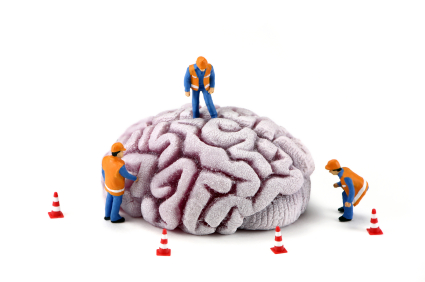
Clinical & Health Neuroscience
This area brings together basic and clinical research to investigate mental health and neurologic disease. We study a wide range of conditions and disorders including mood disorders, pain, motor therapy, attention deficit hyperactivity disorder, Alzheimer's Disease, Autism, stroke and spinal cord injury.

Cognitive Neuroscience
The field of Cognitive Neuroscience studies the neural mechanisms underlying cognition. Methods employed in cognitive neuroscience include psychophysical experiments, functional neuroimaging, electrophysiological studies of neural systems and, increasingly, cognitive genomics and behavioral genetics.
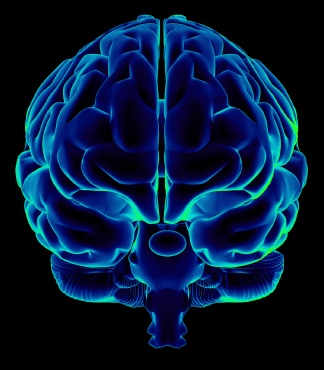
Systems & Behavioural Neuroscience
Systems and Behavioural Neuroscience studies how neural circuits function to gain insights into perception, behaviour, thought and emotion. This approach strives to link levels of analysis from molecular to physiological mechanisms of higher-level mental processing. Studies in Systems and Behavioral Neuroscience cover the entire range of relevant biological and neural sciences, including anatomy, biochemistry, physiology, endocrinology, and pharmacology.
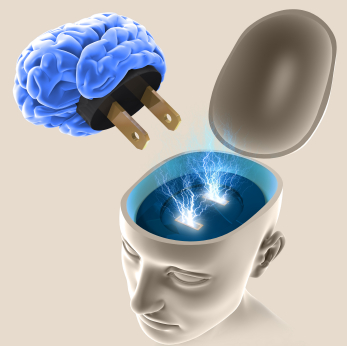
Neurotech
Neurotechnology is a rapidly growing industry with the potential to change almost every aspect of our
lives. Neurotech is enabled by insights from neuroscience research and combines these with physics,
pharmacology, engineering, and entrepreneurial innovations to create new technologies that benefit
society.


